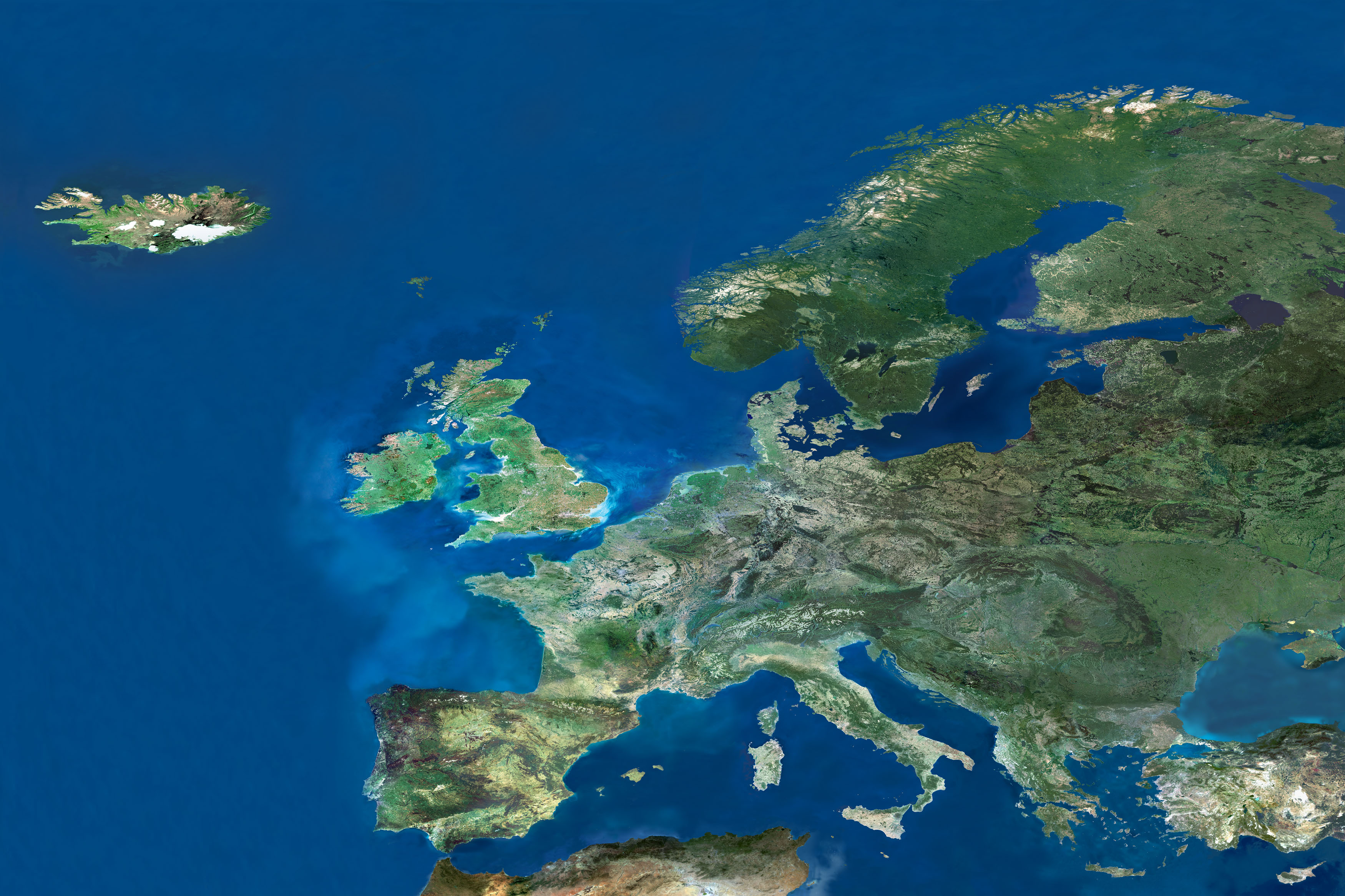The Development of Public-Private Partnerships in the European Satcom Sector

Public-Private Partnerships (PPPs) could help to enhance the societal benefits of communication satellites. However, European public entities must avoid the mistakes made during the Galileo concession negotiations.
The use of Public Private Partnerships (PPPs) for European space projects is often associated with the spectacular failure of the Galileo concession project in 2004-2007. This is only one side of the story however, as a fair number of space-related PPPs have been initiated successfully Europe in recent years, in particular in the field of Earth Observation (EO) and military satellite communications (milsatcom). This trend has also reached the rest of the satellite communication sector (satcom), as PPPs have progressively become the cornerstone of ESA’s satcom policy and are increasingly considered for the EU’s big satellite infrastructure projects.
Bearing in mind the on-going difficulties encountered by Galileo and GMES to secure long-term funding, PPPs could represent a very interesting option for the sustainable financing of space projects. More generally, PPPs are seen as cost-effective solutions to set-up ambitious infrastructure projects at a time when both public budgets and private investment capabilities are under stress. The most important thing, however, is that the use of PPPs for space projects allows to tackle the central challenges of the European Space Policy (ESP). Indeed, PPPs could contribute to enhanced use of satcom for public service in Europe. PPPs may also strengthen the European space industry, and particularly its R&D capacities. Finally, PPPs could also constitute new experiments in European space governance, bringing together the two main institutional space actors in Europe, ESA and the EU.

Available in:
Regions and themes
ISBN / ISSN
Share
Download the full analysis
This page contains only a summary of our work. If you would like to have access to all the information from our research on the subject, you can download the full version in PDF format.
The Development of Public-Private Partnerships in the European Satcom Sector
Find out more
Discover all our analysesChina-Russia Cooperation in Space: The Reality behind the Speeches
China-Russia cooperation in space has been increasing for the past two decades. This cooperation accelerated after the Crimea crisis in 2014 and culminated with the announcement in 2021 of the joint construction of the International Lunar Research Station (ILRS).
Space in a Changing Environment: a European Point of View
The development of European space activities has long been pursued under the framework of the European Space Agency and other national space agencies. More recently, the emergence of the European Union as a new actor for space has paved the way for a series of initiatives and opportunities.
The Use of Space for Maritime Security in Europe
The EU is currently developing a Maritime Security Strategy. Space should be integrated in that effort, given its potential for maritime surveillance.
Space Weather and NEOs in the European Space Policy
Although often overshadowed by a focus on security concerns, Space weather and NEOs are important elements of Europe’s SSA program.













